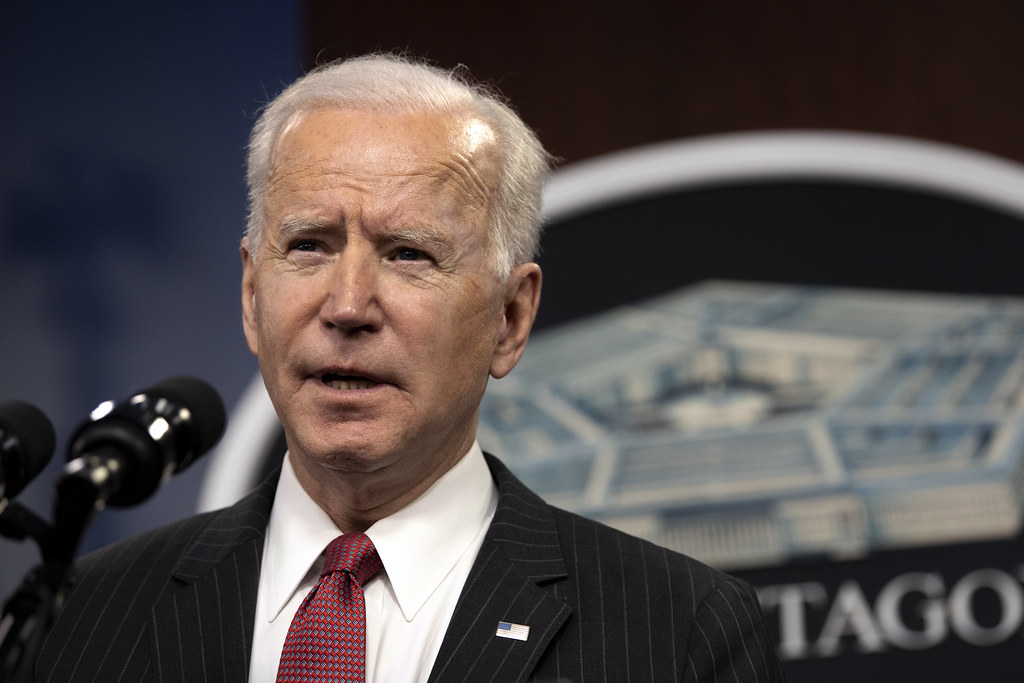How the US prepares for the Taiwan defense war

Facts and scenarios about Taiwan. The article by Giuseppe Gagliano
The Russian invasion of Ukraine has heightened concerns that it may also happen in Taiwan.
This year's US Department of Defense Annual Report to Congress on China says the PRC leadership views unification as key to its "rejuvenation of the Chinese nation" policy. China's pressure tactics against Taipei led President Joe Biden to openly declare that the United States would defend Taiwan in the event of an invasion. The ambitions of the PRC appear to pose a direct threat to Taiwan's autonomy and, in the long term, to regional peace in the wider Indo-Pacific region.
There are those who think that the US government's ability to deter or defend itself against the invasion of the People's Liberation Army of Taiwan is at risk due to a shifting balance of power between the two superpowers. Thinking of a direct confrontation between China and the United States seems neither feasible nor possible. Precisely for this reason, on the one hand, the United States is creating a widely distributed multilayer network of civilian and military infrastructures in Melanesia, Micronesia and Polynesia, and on the other hand the US military and the US intelligence community are trying to effectively and effectively prevent efficient missile attacks and cyber attacks.
To counter such attacks, the United States may have to rely on civilian and military infrastructure located in and around the loosely associated states of Palau, the Marshall Islands and Micronesia. A key part of that military infrastructure is currently the Ronald Reagan Ballistic Missile Defense (RTS) test site in the Marshall Islands. Its radar, optical and telemetry sensors are useful not only for conducting missile tests and space exploration missions. They are also expected to play a critical role in supporting missile launches, space reconnaissance and surveillance operations during a hypothetical Taiwan defense.
But this is of course not enough. Not surprisingly, the United States has maintained special free association relations with freely associated states through the Compact of Free Association (COFA). These international agreements recognize among other things freely associated states as sovereign states with the authority to conduct their own foreign affairs.
In these terms, the United States has the freedom to use the civilian and military infrastructure necessary to protect its national security interests in a wide range of scenarios, including the defense of Taiwan.
This is a machine translation from Italian language of a post published on Start Magazine at the URL https://www.startmag.it/mondo/stati-uniti-guerra-taiwan-cina/ on Mon, 24 Oct 2022 05:55:55 +0000.
